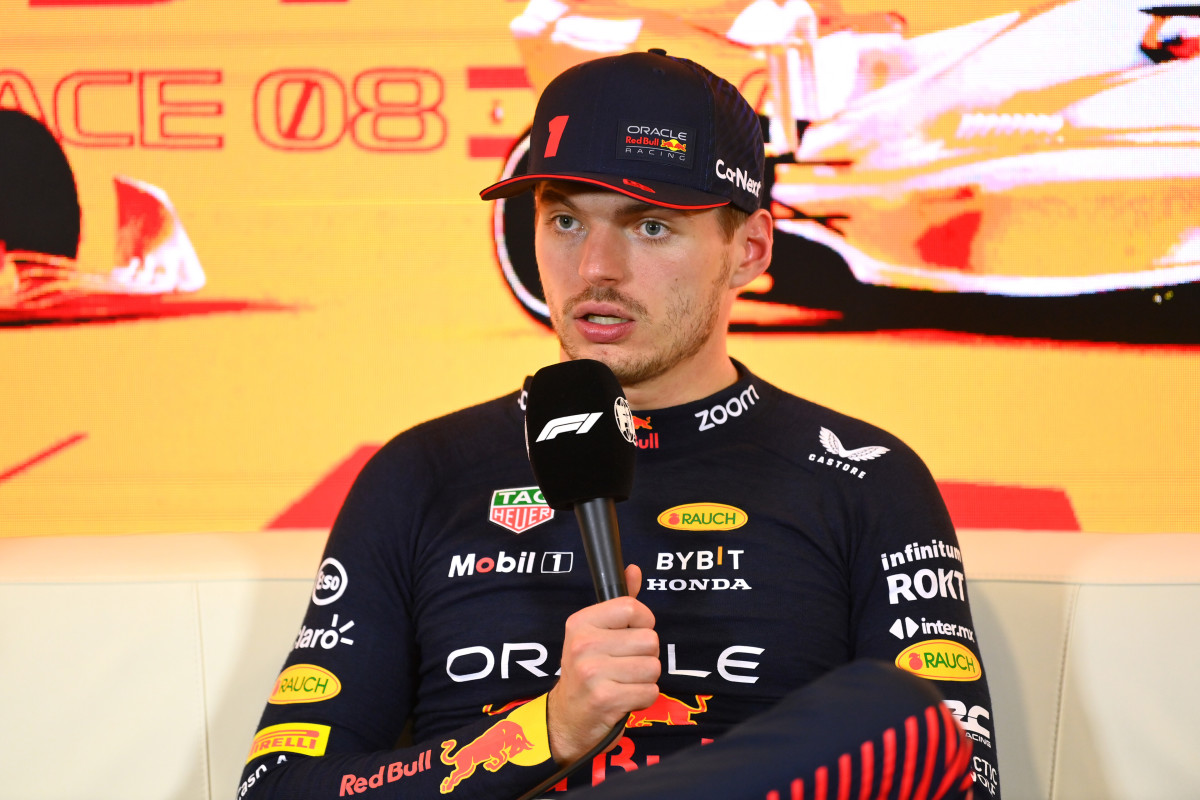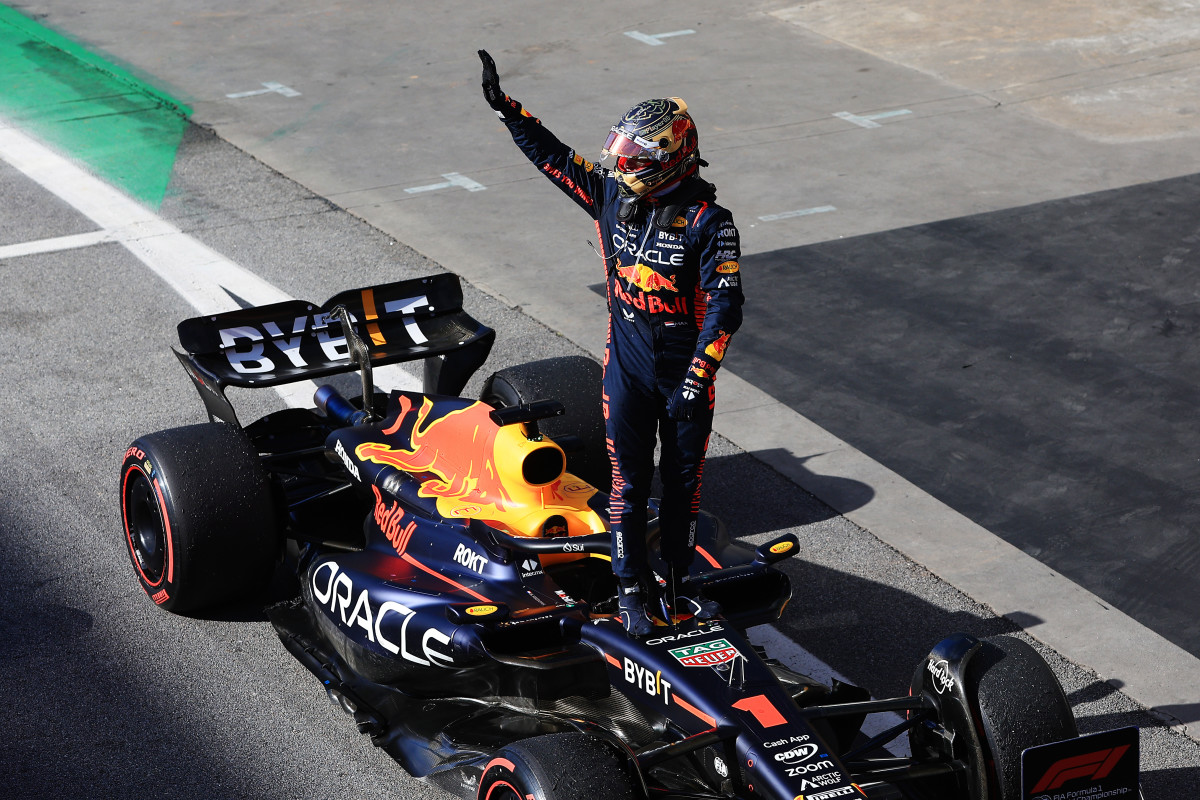F1 News: Max Verstappen Criticises - "This Sport Is So Political"

Max Verstappen is known for expressing his thoughts openly and candidly, unafraid of the potential consequences. Taking that bold attitude to another level, the Dutchman has highlighted the politics within Formula 1 and how it has always been that way.
Key Takeaways:
- Max Verstappen, known for his candid expressions, has pointed out the political nature of Formula 1, emphasizing its longstanding presence.
- Verstappen has openly discussed various topics, including Sprint races, controversies surrounding the F1 docuseries Drive to Survive, and issues faced during the Las Vegas Grand Prix, offering critical perspectives.
- Verstappen's recent remarks center on the upcoming power unit regulations for 2026, aiming for a 50% electric and 50% internal combustion power split. Red Bull, concerned about potential impacts on racing dynamics, proposed a slight increase in internal combustion output but lacked support from other F1 teams. Team principal Christian Horner highlighted potential drawbacks to wheel-to-wheel racing under the equal power division.
Speaking of Sprint races, the controversies surrounding the F1 docuseries Drive to Survive, or the issues at the Las Vegas Grand Prix last year, Verstappen has had his say and the opinion isn't what one would call positive.
The recent remarks, however, appear to focus on the upcoming power unit regulations slated for implementation in 2026. During this period, vehicles are expected to be propelled by a combination of 50% electric power and the remaining half through internal combustion.

The change comes as a result of Formula 1's efforts to be a carbon-neutral motorsport by 2030. Thus, cars will utilize electric power and sustainable fuel to go green, but Red Bull raised concerns in the past, particularly about the 50-50 power split between both sources of power.
Team principal Christian Horner has underlined that the equal division of power sources may impact wheel-to-wheel racing. According to their simulation data, drivers will need to downshift on longer straightaways to recharge their batteries, potentially reducing overtaking opportunities—a factor that could prove detrimental for Formula 1.
Red Bull aimed to advocate for a slight increase in the internal combustion output in the best interest of the sport, a proposal that required support from other Formula 1 teams to prompt a reconsideration of the rules. Unfortunately, none of the other teams lent their support to Red Bull's stance.
Verstappen expressed his frustration regarding the matter in an interview with Motorsport-magazin.com. He said:
“No one will agree. This sport is so political. When we push for something, others think that maybe we’ve found something that could be an advantage. So they say no.
"That’s how Formula 1 works. If you find something, it’s always the case that it’s not supported. It’s always been that way, it’s part of this sport.
"Sometimes you have to live with it because there’s nothing you can do about it anyway.“

